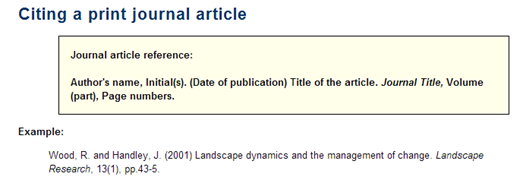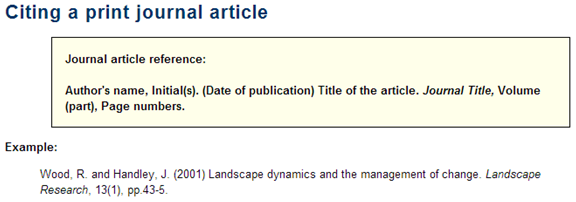-
The Information Skills Resource features helpful tutorials on literature searching, referencing, plagiarism and more

- If you have a question about the Library, take a look at Library Connect, a database of frequently asked questions
- If you’re having trouble accessing electronic resources check the eResources service status page
- For further help you can contact the Library HelpDesk in the following ways:
Phone: 0114 222 7200
(Please note that the HelpDesk will not be staffed during Christmas closure days: Friday 25 December to Sunday 3 January inclusive)
Merry Christmas!










